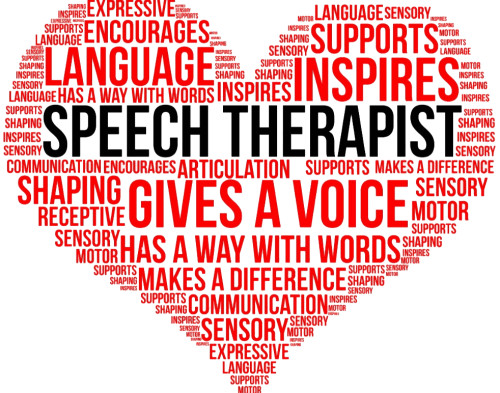speech therapy services

Communication is at the heart of connection, independence, and quality of life, especially for seniors facing the effects of stroke, traumatic brain injury, or conditions like Parkinson’s disease. Speech therapy plays a vital role in helping individuals regain their ability to communicate and swallow safely. With over 30 years of clinical experience, Liza has helped countless aging adults rebuild these essential skills and reclaim their confidence. Her compassionate approach is grounded in deep expertise and a genuine commitment to each patient’s progress. With Liza, therapy is more than a service, it’s a partnership built on trust, patience, and hope.
is speech therapy right for you?
Speech therapy can benefit anyone with a communication disorder. A healthcare provider might also suggest speech therapy if you have a health condition that makes swallowing difficult. Below are some conditions that speech therapy can help treat.
Aphasia: People with aphasia can have difficulty reading, writing, speaking and understanding language. It often develops after a stroke or injury damages the area of the brain that processes language.
Apraxia: People with apraxia know what they want to say, but have trouble forming the words. They may have trouble with reading, writing, swallowing and other motor skills.
Articulation disorder: People with articulation disorders are unable to produce certain word sounds. For example, they may substitute one sound for another — like saying “wed” instead of “red” or “thith” instead of “this.”
Cognitive-communication disorders: You might have difficulty communicating if the area of your brain that controls your thinking ability is damaged. People with cognitive-communication disorders may have issues with listening, speaking, memory and problem-solving.
Dysarthria: People with dysarthria may have slow or slurred speech. It happens when the muscles that control your speech become weak. Common causes include stroke, multiple sclerosis (MS), amyotrophic lateral sclerosis (ALS) or other nervous system disorders.
Expressive disorders: People with expressive disorders may have difficulty getting words out or conveying their thoughts. Expressive disorders can be linked to stroke or other neurological events.
Fluency disorders: Fluency disorders disrupt the speed, flow and rhythm of your speech. Stuttering (speech that’s interrupted or blocked) is a fluency disorder. So is cluttering (speech that’s merged together and fast).
